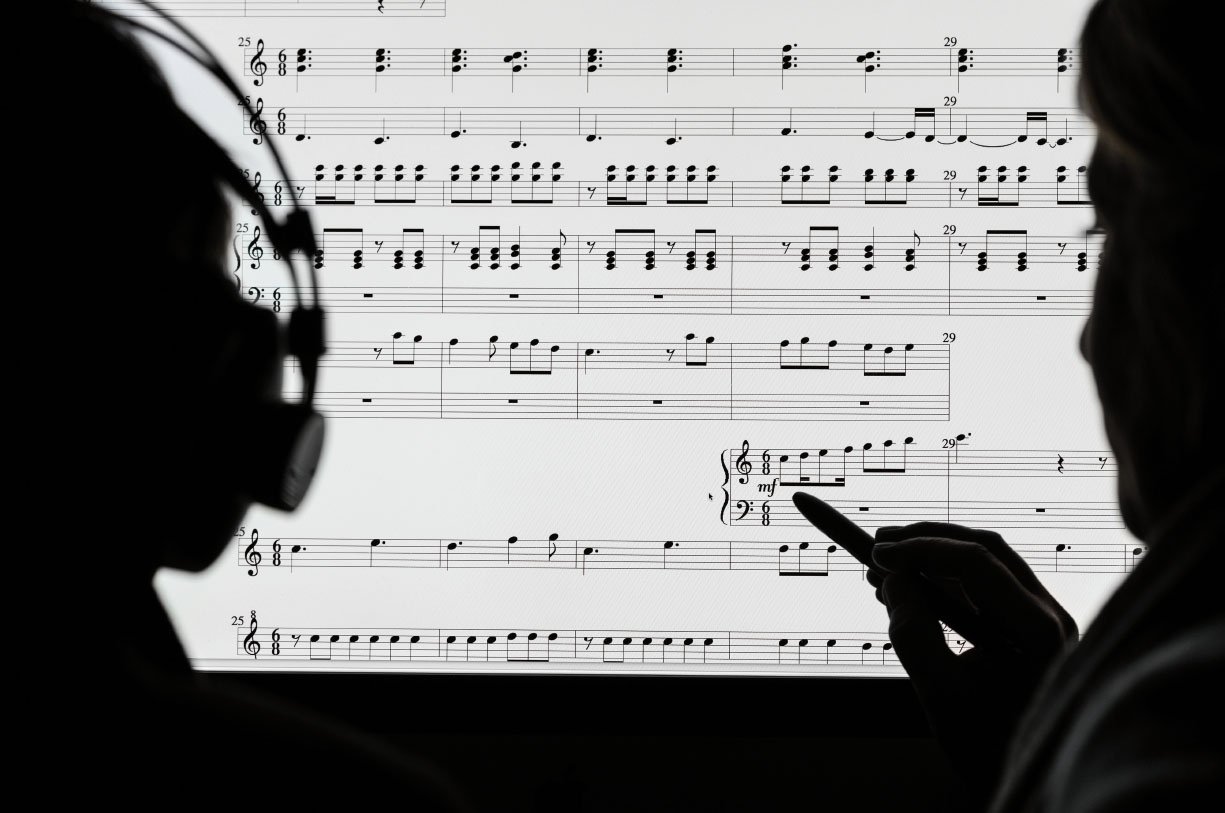
This month's article comes after an interesting conversation with my wife over the breakfast table. We both studied A Level Music at around the same time in the 1990s, but I also studied music technology whereas she just focussed on music. She was saying that in retrospect she wishes that she had learned more about technology because, as a performer, she is constantly having to hand over control of her sound to another person when using a microphone.
This leads me on to my question for the month. Should all music students have some understanding of technology and should all technology students have some understanding of music?
Now obviously there are some students that study both music and music technology, as I did right through to degree level – but obviously a long time ago! However, the vast majority will only do one or the other. Further, some live audio engineers will actually be approaching the role from a technical theatre perspective, combining it with lighting and projection, and may have no formal musical training at all.
Technology in music
A basic understanding of technology is going to be incredibly useful for musicians in all areas of the profession. It is very difficult to be a musician or music teacher in isolation and at some point, it is likely that you are going to encounter technology. To play a venue of any size, even as part of a Renaissance music ensemble, means you will have to be amplified in some capacity.
As every musician will know, the room in which one plays will have a massive impact on the sound of the performance – and this is equally true when using microphones. Different microphones respond differently to certain frequencies, distances and acoustics. Therefore, having a basic knowledge of what microphone suits your instrument or voice will be hugely beneficial. The human ear is an incredibly advanced piece of technology that can filter out any unwanted noise and focus on what it wants to hear. Microphones are not this advanced. They don't filter out unwanted sound so understanding how microphones capture and pick up sound, in relation to the audio source and the room, will help you to to create the best sound for your performance.
Obviously, as a composer, technology is now commonplace, what with the use of score writing software for notation and DAWs for recording audio or film work. We should therefore try to incorporate elements of this knowledge into our music teaching to equip the next generation of musicians.
Music in technology
My wife used to believe that those who studied music technology ‘weren't real musicians’ – and I know from personal experience that she wasn't alone in that thought! She followed this up by saying that this was hugely naïve and that obviously they were, they just had a different skill set and interest.
But it does lead me on to the question: ‘Do you need any musical knowledge to do music technology?’ And this one is a little bit trickier. One of the great things about technology is that it allows those that haven't had any formal training in music to create, produce and play it.
Altough knowing about music isn't necesary for a technology student, it doesn't mean it should be discounted. It's not necessary to know about microphones as a musician, but it might be helpful. In the same way that it might not be necessary to know about harmonic convention when creating electronic music, but it still might be rewarding. Equally, as an audio engineer, understanding how instruments and voices generate their sound can be hugely beneficial.
A challenge
As discussed above – understanding music and technology is not 100% necessary for specific disciplines but it can be advantageous. Therefore, as music teachers we should ensure that students have a basic understanding of both music and music technology, as it will help further their knowledge and understanding. I hope that this tech section will be useful for all music teachers, but especially to those, who like my wife, didn't study music technology in tandem with their music training. It's okay to not know about music technology and it doesn't reflect badly on you as a musician. If you're a cellist, you would obviously struggle if you were suddenly expected to teach the bassoon. That said, the world is changing very rapidly and that demands a reaction from us as educators and the sector as a whole. We know that young people possess an incredible appetite for making music, and in order for us to accommodate that, music technology must continue to play a significant part in the classroom.

© Adobe Stock/ Anthony Brown
Composition is now greatly aided by technology








